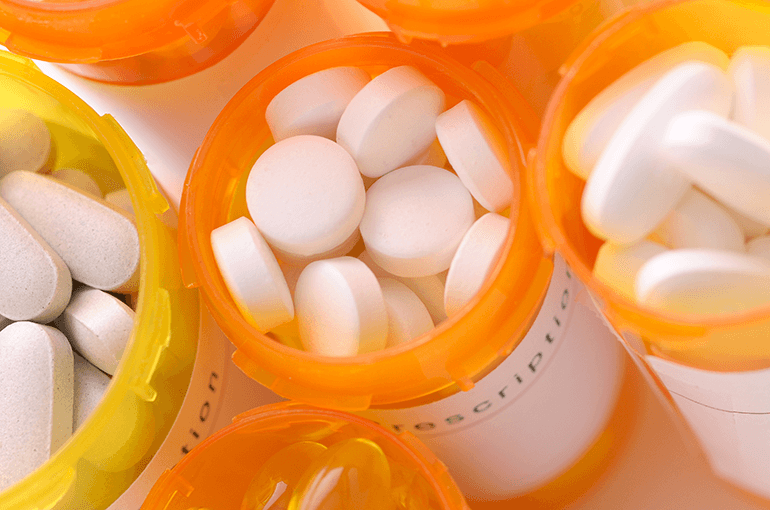Benefits and risks of surgery
Having surgery can:
- treat your condition
- improve your quality of life, giving you more energy for everyday tasks
- reduce how hard your heart needs to work
- reduce the risk of getting other heart conditions, like heart failure
- improve symptoms.
Like any surgery, there are risks with the procedure. Your doctor or surgeon will talk to you about the risks and benefits of your individual surgery.
Types of surgery
Here are some types of heart surgery:
Your doctor or surgeon can give you more information about the surgery they’re recommending, and what to expect. They can also explain if there are other options available.
Deciding whether to have surgery
It’s normal to feel nervous about surgery and what’s going to happen next.
Asking questions and talking through any concerns you have can help you to decide which surgery to have, or whether to have surgery. It’s important to remember that some conditions may not get better without surgery.
Questions that can help you decide:
- What are the benefits and risks of the surgery?
- Will I need more surgery or treatment?
- What does my recovery look like?
- What will happen if I do not have surgery?
- What other treatment options do I have?
- Is there anything I should avoid before and after surgery?
- Where can I get more information and support?
- Can I get any help with day-to-day activities or childcare, during recovery?
- What will my life look like after surgery?
You could take someone with you to appointments for support, or to write down answers.
Your doctor can give you the best information based on your individual condition and health. You can also ask for a second opinion from another medical professional, but it may delay your treatment.
Giving your consent
You will be asked to give your permission (consent) for the surgery to happen. This usually happens on the day of your surgery.
A member of your surgery team will tell you what’s going to happen during your surgery and explain any risks to you. You will then need to sign a consent form so they can do the surgery.
You can ask them any questions or get them to explain anything you’re not sure about.
Preparing for surgery
Before surgery, you’ll have appointments to help you and your healthcare team prepare. It’s very important to go to your appointments, even if you feel well.
They’ll ask about your medical history, if you’ve had surgery before, if you have allergies or take any medicine.
You may also have tests, including:
You’ll be asked about your teeth, and you’ll need to see a dentist for a check-up before surgery. This is to help prevent an infection to your heart, called endocarditis. Check with your healthcare team how long before your surgery you’ll need to do this.
If you’re feeling very nervous and it’s affecting your daily activities, speak to your GP or healthcare team. You can also get in touch with our cardiac nurses by calling the Heart Helpline.
During surgery
Most people having heart surgery will have open heart surgery. This means the surgeon will work directly on your heart.
Before surgery you’ll be given a general anaesthetic. This is like being asleep and you do not feel any pain.
There will be monitors to check your heart rate, blood pressure and oxygen levels.
You will also be put on a bypass machine, sometimes called a heart and lung machine. This helps pump blood around your body during surgery.
The surgeon will cut the bone in your chest so they can see your heart (called a sternotomy). They will then operate on your heart.
Once the surgeon has finished operating, they will start your heart again. Your heart will start beating and the heart and lung machine will be turned off.
Your breastbone will be fixed together using permanent metal wires. The skin on your chest is closed with special glue or dissolvable stitches that melt away as you heal.
You may have surgery for other heart conditions at the same time.
Beating heart surgery
Sometimes surgery can be carried out without stopping your heart. The surgery is performed on a beating heart and is known as beating heart surgery or off-pump surgery.
Recovery after surgery
In hospital
Once your surgery is finished, you’ll be taken to a recovery area or intensive care unit. When you’re well enough you’ll be moved to a ward where you’ll recover.
Everyone is different, it’s important not to compare yourself with others and go at a pace that’s best for you. Your recovery will also depend on the surgery you’ve had.
After surgery you’ll usually have follow-up appointments to see how your heart is working. You may be offered cardiac rehabilitation to help with your recovery.
It’s ok to ask questions, even things that feel difficult or uncomfortable to talk about. Having more information can help you to get back to your daily activities.
When you go home
It’s important to give your body time to heal when you go home and get plenty of rest.
You may feel tired, confused and not very hungry for a few days. Eating will help you recover. Try eating smaller meals, more often to give you energy.
Avoid anything too strenuous, like carrying heavy bags or hoovering, until your wound has healed. If you’ve had open heart surgery this is usually 8 to 12 weeks.
Speak to your hospital team about what exercise you can do and when. This may also include sex and being intimate. They can give you information based on your surgery and health.
Speak to friends and family before you go home to see if they can help with day-to-day tasks. They could:
- drive you to appointments
- take children to school
- help with gardening or housework
- walk your pets
- food shop and carry bags for you.
Some clothing can be uncomfortable to wear until your wound heals, especially on your chest. Try getting a front-fastening surgical bra and avoid tight fitting clothing that presses on your wound.
If you need extra support speak to your doctor or nurse specialist before you leave the hospital. Your GP may be able to recommend ways to support you, like local services. You can also call our helpline to talk to one of our cardiac nurses.
Signs and symptoms to watch out for
Your wound can feel sore, itchy or numb while it heals. You’ll be given information on caring for your wound and what signs and symptoms to keep an eye on.
Generally, you should contact your GP, NHS 111 or your healthcare team if you notice:
- your wound is hot or red
- your wound is getting more painful
- swelling around your wound
- pus or discharge (liquid) coming from your wound that smells unpleasant.



